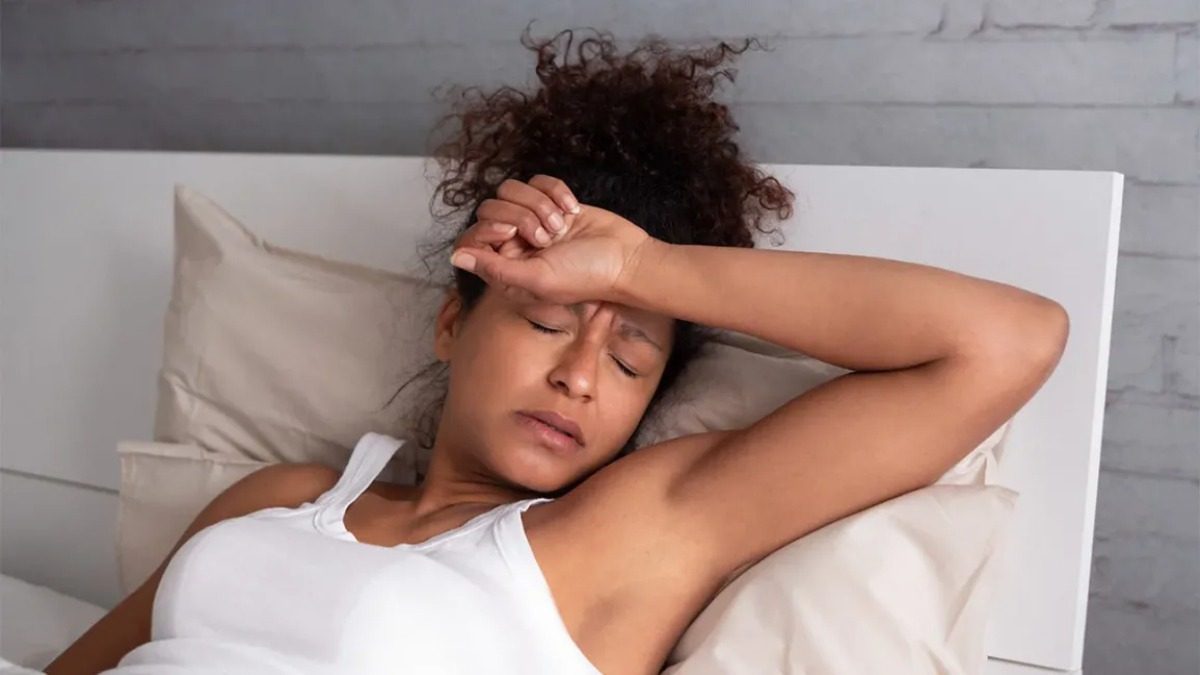Hangxiety, a portmanteau of “hangover” and “anxiety,” is a term used to describe the experience of feeling anxious or stressed after consuming alcohol. While many people associate hangovers with physical symptoms like headaches and nausea, hangxiety refers specifically to the psychological effects that can accompany the aftermath of drinking. In this article, we’ll delve into what hangxiety is, why it occurs, and how to manage it effectively.
Understanding Hangxiety
Hangxiety is a phenomenon that affects individuals differently, but it’s generally characterized by feelings of unease, worry, and sometimes panic in the wake of alcohol consumption. This anxiety can manifest in various ways, including intrusive thoughts, racing heartbeat, trembling, sweating, and a general sense of agitation or nervousness.
The exact cause of hangxiety is not fully understood, but several factors likely contribute to its development. Alcohol is known to disrupt neurotransmitter levels in the brain, particularly gamma-aminobutyric acid (GABA) and serotonin, which play key roles in regulating mood and anxiety. As alcohol levels in the body decrease following a drinking session, these neurotransmitter imbalances can lead to feelings of anxiety and dysphoria.
Furthermore, alcohol is a depressant that can initially produce feelings of relaxation and euphoria. However, as its effects wear off, individuals may experience a rebound effect, where the brain reacts by overcompensating for the temporary suppression of neurotransmitter activity. This rebound effect can contribute to the onset of anxiety symptoms, amplifying any underlying feelings of stress or worry.
Coping with Hangxiety
Managing hangxiety involves a combination of preventive measures and coping strategies. Here are some tips for minimizing the likelihood and severity of hangxiety:
- Moderate Alcohol Consumption: Limiting the amount of alcohol consumed can help reduce the risk of experiencing hangxiety. Stick to recommended guidelines for moderate drinking, which typically means no more than one drink per day for women and two drinks per day for men.
- Stay Hydrated: Alcohol is a diuretic that can lead to dehydration, which may exacerbate feelings of anxiety and discomfort. Be sure to drink plenty of water before, during, and after drinking alcohol to stay hydrated and mitigate the effects of dehydration.
- Eat Before Drinking: Consuming food before drinking can slow the absorption of alcohol into the bloodstream, potentially reducing its impact on neurotransmitter levels and decreasing the likelihood of experiencing hangxiety.
- Practice Mindfulness and Relaxation Techniques: Engaging in relaxation exercises such as deep breathing, meditation, or progressive muscle relaxation can help alleviate feelings of anxiety and promote a sense of calmness and relaxation.
- Seek Support: If hangxiety becomes a frequent or distressing issue, consider reaching out to a mental health professional for support. Therapy, counseling, or support groups can provide strategies for managing anxiety and developing healthier coping mechanisms.
Hangxiety is a common experience for many individuals who consume alcohol, but it’s important to recognize that it’s a temporary phenomenon that typically resolves as alcohol leaves the body. By practicing moderation, staying hydrated, and employing relaxation techniques, it’s possible to minimize the impact of hangxiety and enjoy a more positive drinking experience. However, if hangxiety persists or becomes overwhelming, don’t hesitate to seek help from a qualified mental health professional. With the right support and coping strategies, it’s possible to navigate the challenges of hangxiety and cultivate a healthier relationship with alcohol consumption.

